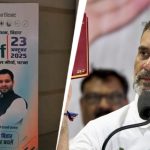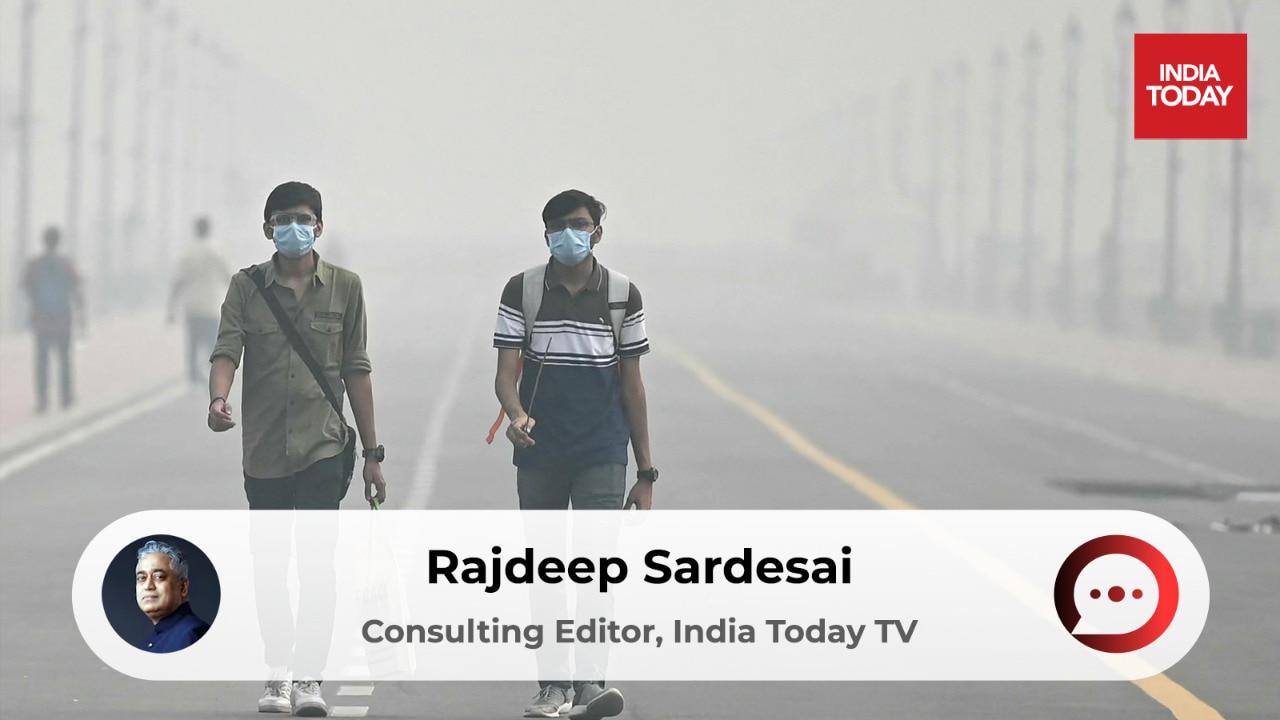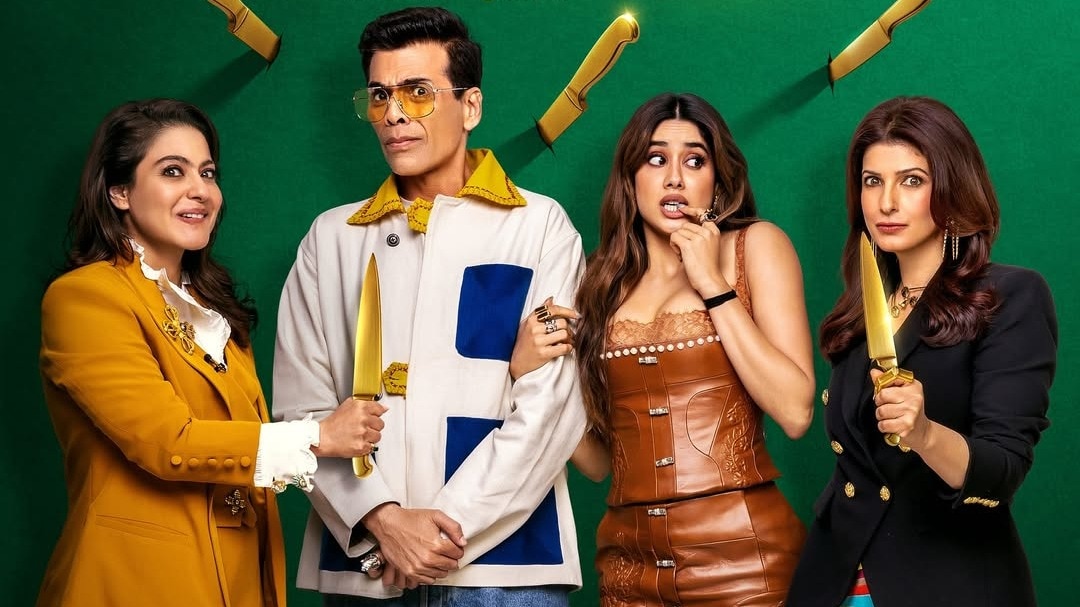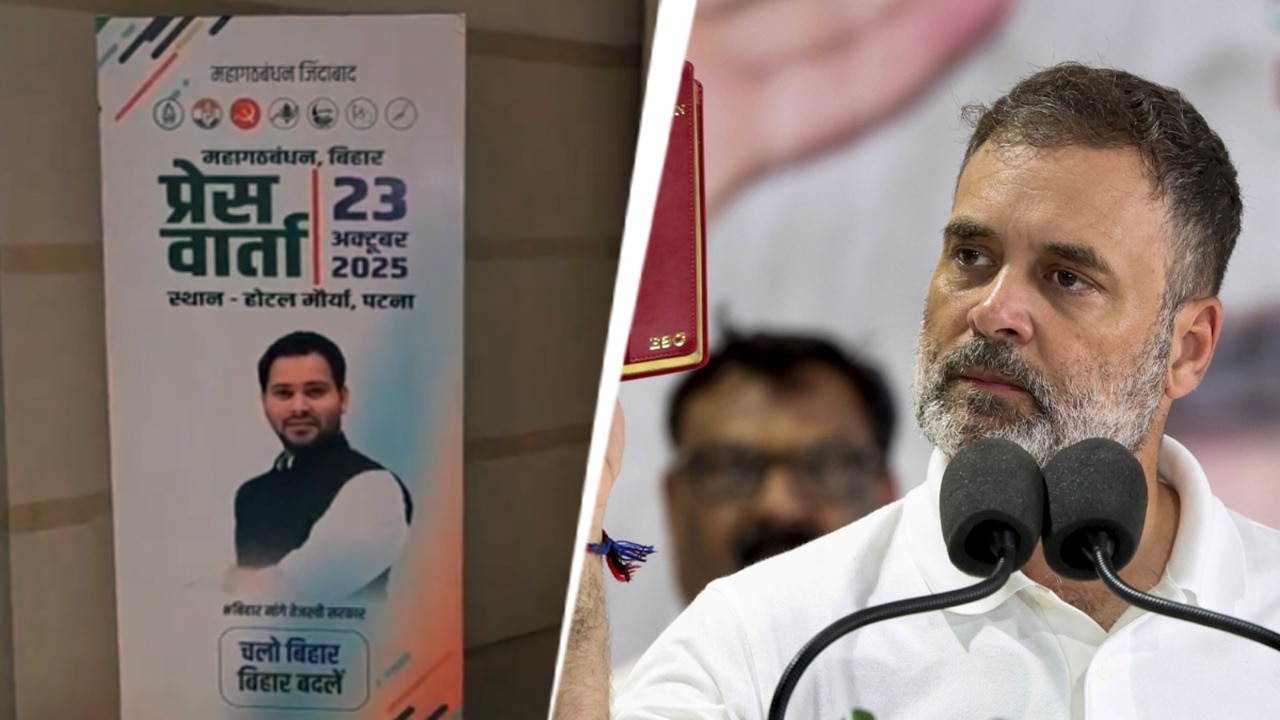On Diwali night, as the clock struck midnight, sleepless and exasperated with the relentless firecracker noise, I rang up the local police station. “It’s past midnight and crackers are still being burst. Will you take action as per the Supreme Court guidelines please?” The voice on the line sounded fatigued: “Koshish kar rahe hai sir, par log sunte nahi (We are trying, but people don’t listen)!” I almost felt sorry for the constable on the night beat. When citizens don’t seem to care, how do you enforce a court order that has mandated a 10 pm deadline for bursting firecrackers?
The next morning, while on my regular morning walk in the park, I could feel the toxicity in the air. Light autumn sunshine was replaced by thick, black smog, the inevitable fallout of a night of festivity for some, misery for many others. So who does one hold accountable for the national capital being amongst the most polluted cities in the world, where in Diwali week the air quality routinely takes a turn for the worse and only aggravates chronic respiratory illnesses?
Let’s start with the Court itself. Why did a Bench headed by the Supreme Court Chief Justice BR Gavai choose to lift the blanket cracker ban? Were they genuinely trying to ‘balance’ conflicting interests or simply surrendering before those who insisted that banning crackers was against ‘Hindu sentiment’?
Was the Chief Justice, already under pressure from Hindutva foot-soldiers after his comments on a Lord Vishnu idol led to a deplorable shoe-throwing incident, keen to make peace with his critics? After all, a temporary litmus test to determine whether regulated relaxation of norms could co-exist with pollution control measures was always fraught with risk. The approval granted to ‘green crackers’ – an oxymoronic term – was a rhetorical fig-leaf: far from providing a middle ground between festivities and environmental protection, it only gave a licence to citizens to burst crackers with impunity. Did the apex court seriously expect any kind of regulation to be enforced by a Delhi government that has openly sided with the pro-cracker lobby?
Indeed, a brazenly partisan government has only exposed itself. The BJP government returned to power in Delhi in February this year after a ‘vanvas’ of 27 years. Amongst its slew of promises was a commitment to bring back the ‘joy’ of bursting crackers. Forget about addressing drainage, garbage collection and a slew of urgent issues, those in power were determined to revive a Diwali ‘tradition’ of bursting crackers. Chief minister Rekha Gupta framed it as a ‘cultural celebration’ with no mention of its health fallout. The BJP had accused the previous AAP government of being ‘anti-Hindu’ by banning firecrackers. It was a dangerous argument, aimed to inject a religious dimension to a grave public health issue. In an environment of coarsened majoritarian politics, it was just the kind of populist narrative that pushed the opposition on the defensive. A match-up between the right to breathe clean air versus religious freedom is a no-contest: clean air doesn’t win you votes, religious appeasement almost always does.
Ironically, there is scant historical evidence to suggest that firecrackers have been an intrinsic part of Diwali celebrations. Traditionally, Diwali is seen as a festival of lights and not noise, a magically lit-up diya providing a sparkling touch. It is only in more recent times that the cracker industry has become a gigantic multi-crore enterprise, driven by a consumerised religiosity that converts every religious occasion into a grand spectacle. Moreover, vote bank politics has pushed governments into pandering to the competing sentiments of every religion: if Muslims can slaughter goats on Bakri Eid, why can’t Hindus have an unhindered cracker-fest in Diwali week? This is an illogical argument when human lungs are at stake, but then logic takes a backseat when emotions take over.
If the government was serious about enforcing the court directives, it could have sent out a firm message to the police force that it meant business this time, not just empty rhetoric and token fines. But to expect an overburdened constabulary to move from mohalla to mohalla to check on cracker usage in the absence of any political will from the top leadership was ab initio an unworkable proposition. Do our judges and political leaders seriously expect the beat constable to know the difference between a ‘green’ cracker and a banned one? Or charge those who were violating the law as criminal offenders?
Which leaves one to ask questions of ‘We, the People’, those who are the heart of the firecracker nuisance. No ban or regulation on crackers will work unless the general public willingly complies with the rules. Compliance with any law is a major challenge in a sub-continental sized country. In 2024, for example, approximately 8 crore traffic challans were issued across India for a variety of offences. The fact that many were repeat offenders suggests that despite heavier penalties under the amended Motor Vehicles Act, the deterrent factor still isn’t as strong as it should be. Only last week, a Maharashtra minister’s convoy was conveniently driving on the wrong side of the road to avoid heavy traffic. No traffic policeman was going to admonish the minister, much less punish him.
The route to compliance must emerge from a mix of fear and voluntarism. If even a dozen firecracker violators were named, shamed and jailed, it might act as a deterrent. If citizen awareness campaigns were started across schools, offices and media outlets, it might have a long-term impact. Unfortunately, millions have been brainwashed into believing that firecrackers represent an unfettered fundamental right of religious freedom that cannot be constrained through coercive state power. Concerned public-spirited citizens who raise their voice against crackers are easily branded as ‘anti-Hindu’ elites and even ‘anti-national’ for denying the masses their choice of festive celebration.
Truth is Hindu dharma promotes environmental protection through concepts like respecting nature as divine, venerating trees and rivers while constantly striving for ecological sustainability. Demanding a cleaner environment is not an elite pre-occupation but a dharmic duty. Polluted air affects every Indian, irrespective of their income levels. There are no easy solutions, but a sensitive, futuristic government ought to create a holistic round the year action plan to tackle every potential environmental hazard, then be it stubble-burning farmers, polluting industries or indeed frenzied cracker crowds. A Viksit Bharat cannot be built with millions of people choking on poor air.
Post-script: When I interviewed him, Delhi’s environment minister, Manjinder Singh Sirsa blamed the AAP government in Punjab for worsening air quality levels, even bizarrely accusing them of ‘forcing’ farmers to burn crop residue. Shirking responsibility and passing the buck remains a habitual problem with our netas. Change isn’t in the air anytime soon, only suffocating pollution is.
(Rajdeep Sardesai is a senior journalist and author. His latest book is 2024: The Election That Surprised India)
– Ends
(Views expressed in this opinion piece are those of the author)










